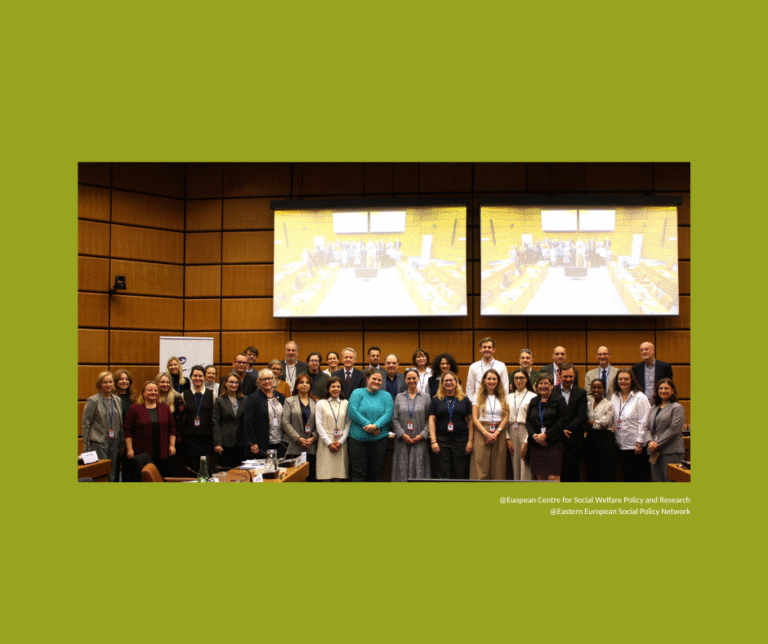11th BBinar: Job quality and working conditions in the Western Balkans
The 11th BBinar will focus on job quality and working conditions in the six Western Balkan countries. The Foundation for the Advancement of Economics (FREN) in Serbia and the European Centre for Social Welfare Policy and Research conducted a comparative analysis on job quality and working conditions and drew recommendations for their improvement in the…









